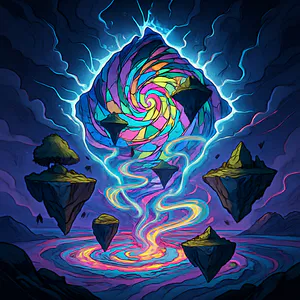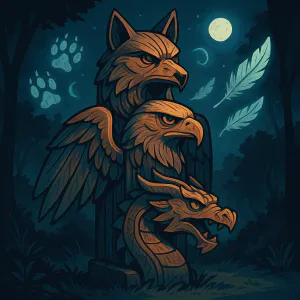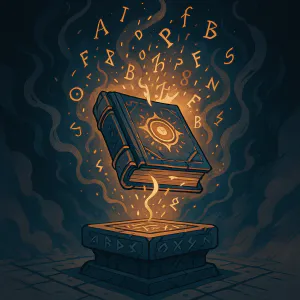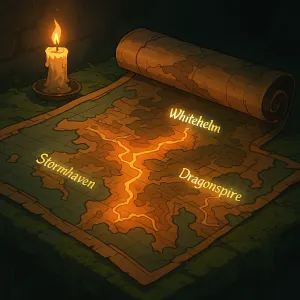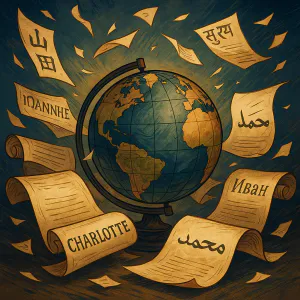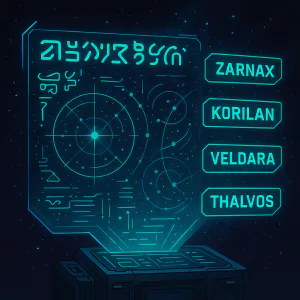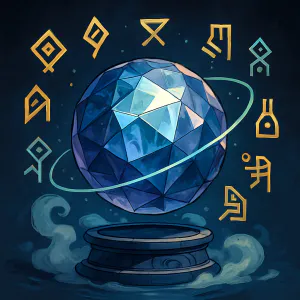Discover New Realms of Imagination
Creating unique dimensions adds depth to your storytelling. Use these thought-provoking questions to inspire diverse and captivating worlds that will enhance your narrative.
- What natural phenomena define the landscape of your dimension?
- What rules of physics or magic govern life in this realm?
- How do the inhabitants of this dimension interact with each other?
- What is the history or origin story of this dimension?
- What unique challenges or threats exist within this world that characters must face?
Frequently Asked Questions
Explore common queries regarding the Dimension Name Generator and enhance your creative process.
How does the Dimension Name Generator function?
It randomly combines elements of language and imagination to produce stunning and unique names for alternate realms with each click.
Can I influence the type of dimension names I receive?
Unfortunately, custom inputs are not accepted; however, you can generate new names continuously until you find the perfect fit.
Are the dimension names completely original?
The names are generated randomly; with unlimited attempts, you'll find a vast array of options, though some may appear similar.
How many dimension names can I create?
You can create an unlimited number of names; just click 'Generate' as many times as you like.
How do I preserve my favorite dimension names?
Simply click on a generated name to copy it, or use the heart icon to save it for future reference.
What are good dimension names?
There's thousands of random dimension names in this generator. Here are some samples to start:
- Lyinnoqoth
- Laalloephas
- Poonyl
- The Skeletal Dimension
- Thoepootur
- Ryounoth
- Ivia
- Drihamix
- Dyupalyn
- Oudag
About the creator
All idea generators and writing tools on The Story Shack are carefully crafted by storyteller and developer Martin Hooijmans. During the day I work on tech solutions. In my free hours I love diving into stories, be it reading, writing, gaming, roleplaying, you name it, I probably enjoy it. The Story Shack is my way of giving back to the global storytelling community. It's a huge creative outlet where I love bringing my ideas to life. Thanks for coming by, and if you enjoyed this tool, make sure you check out a few more!

